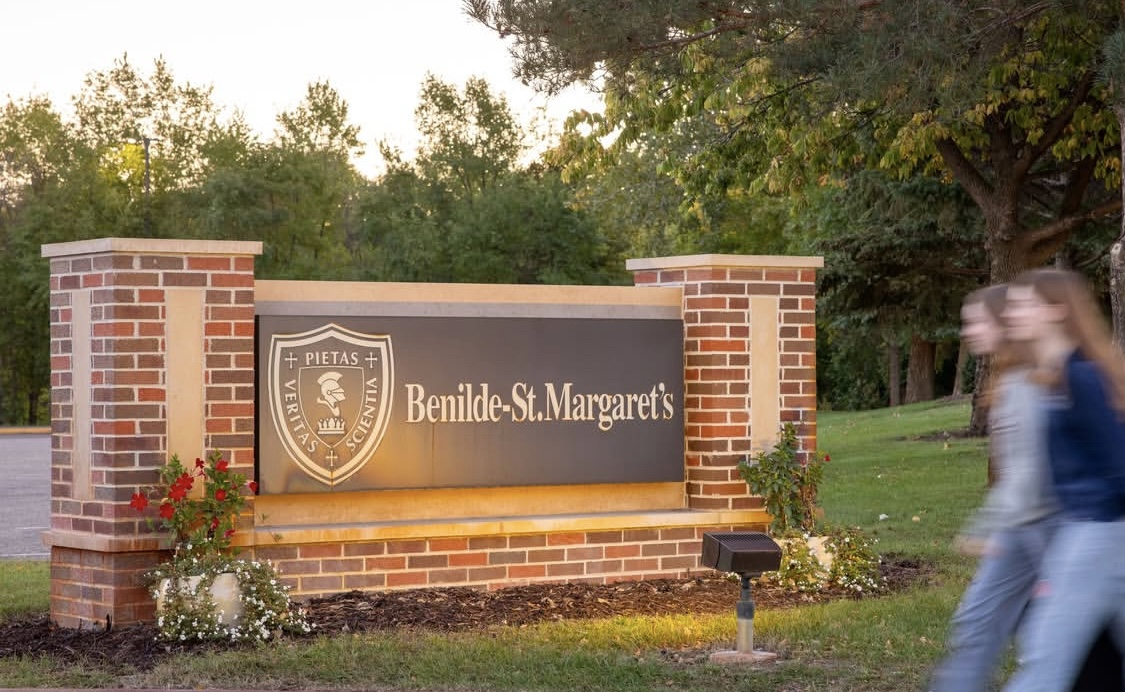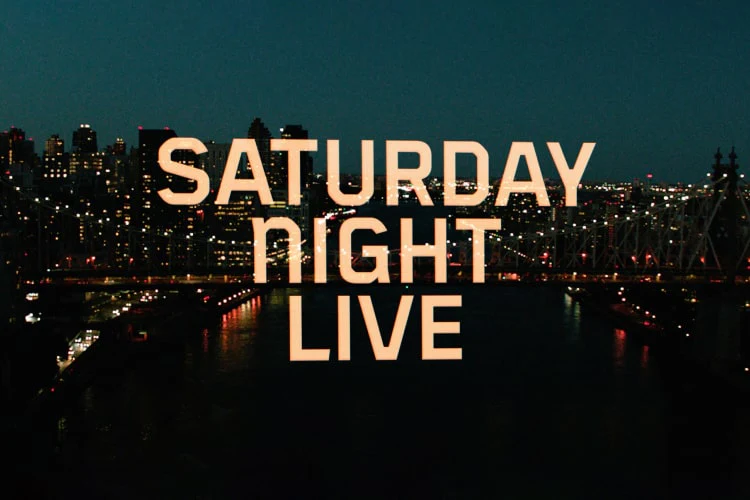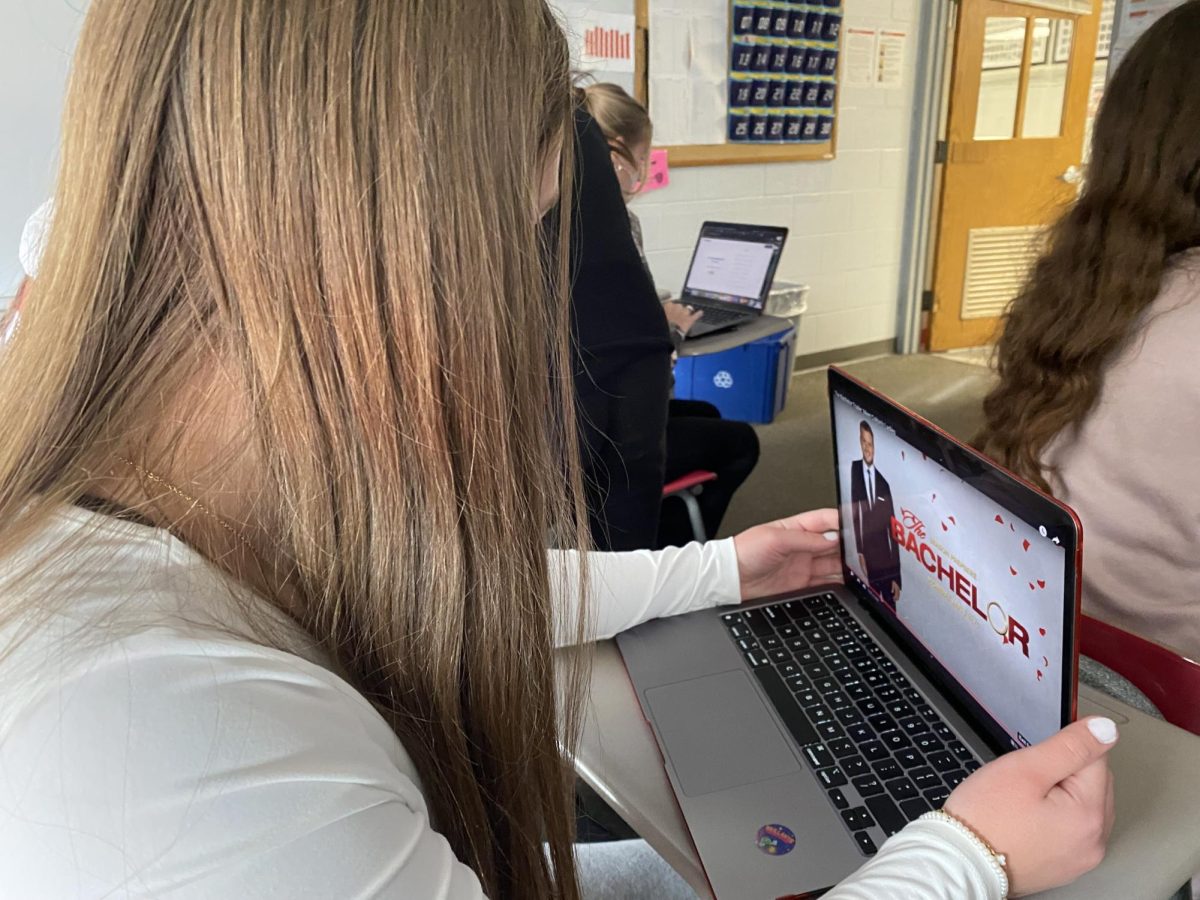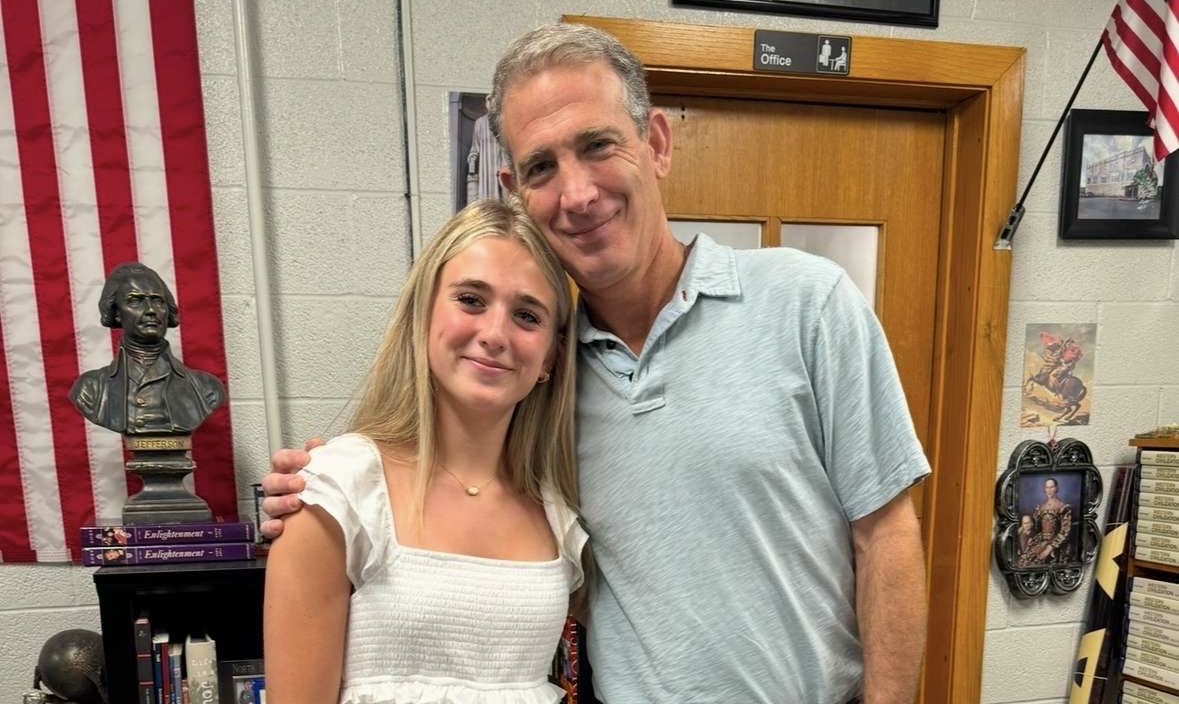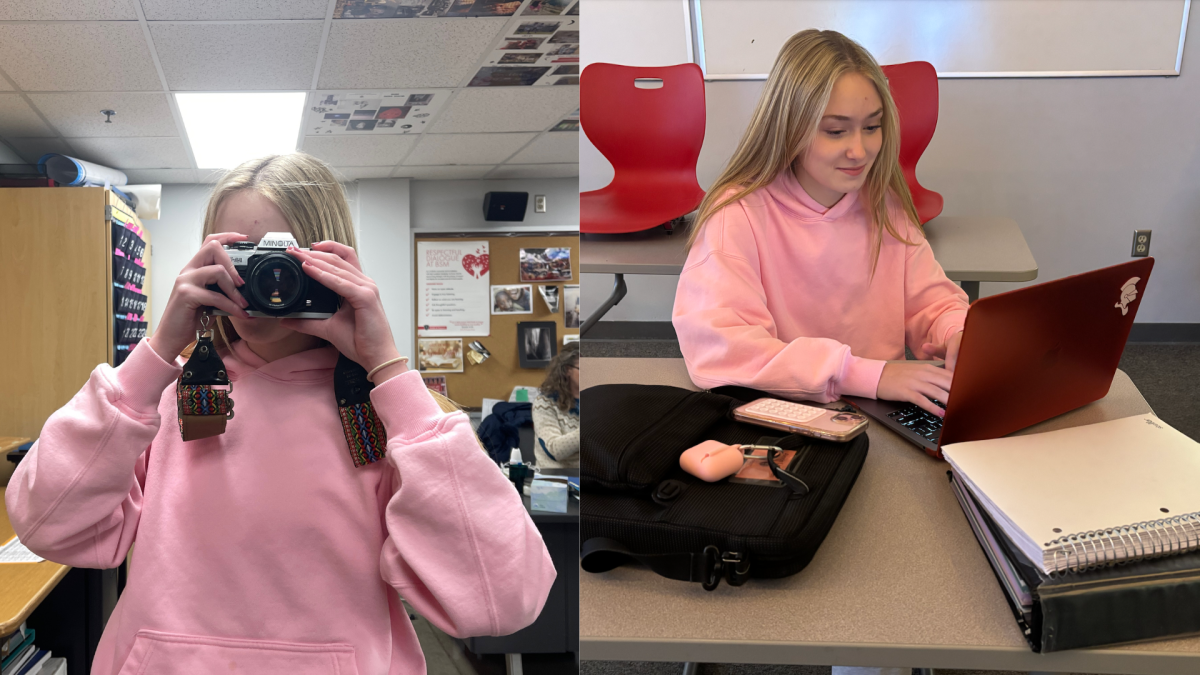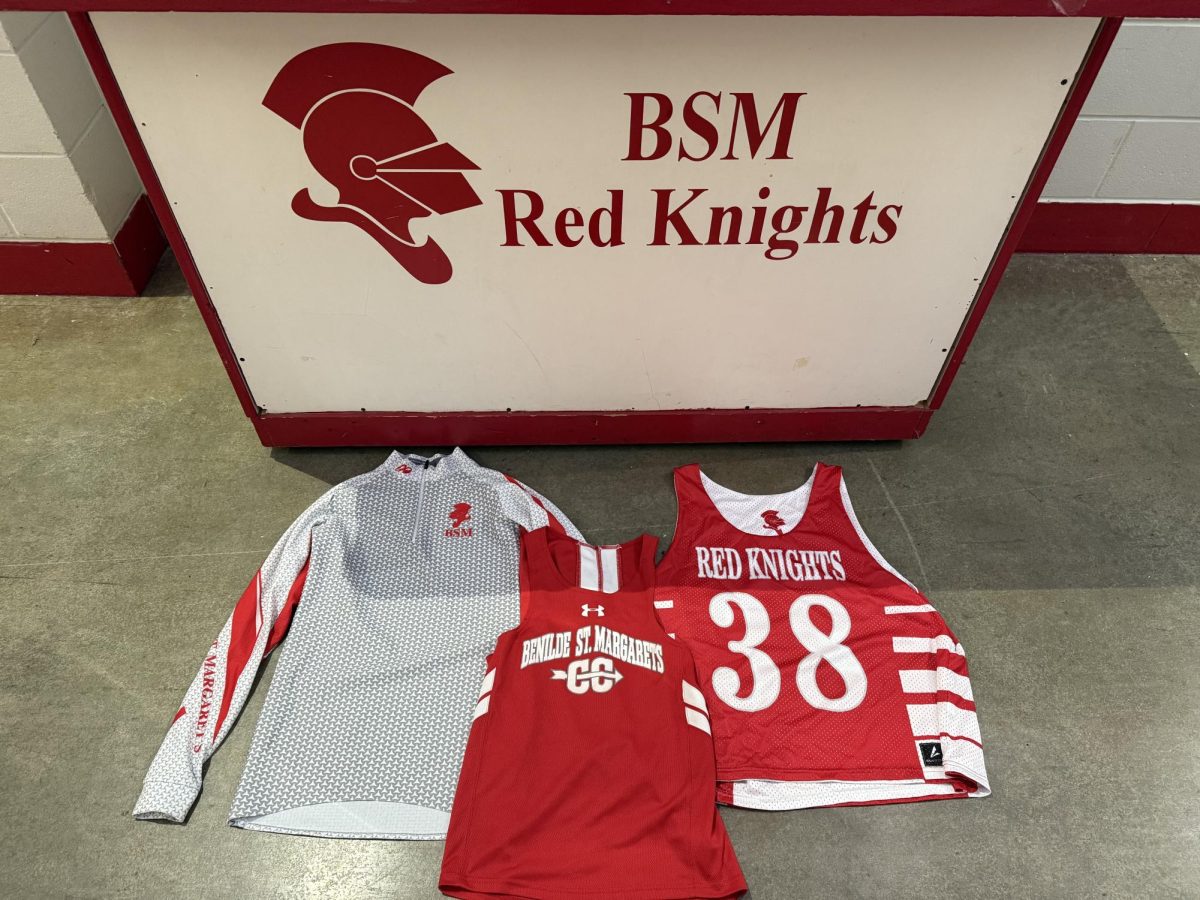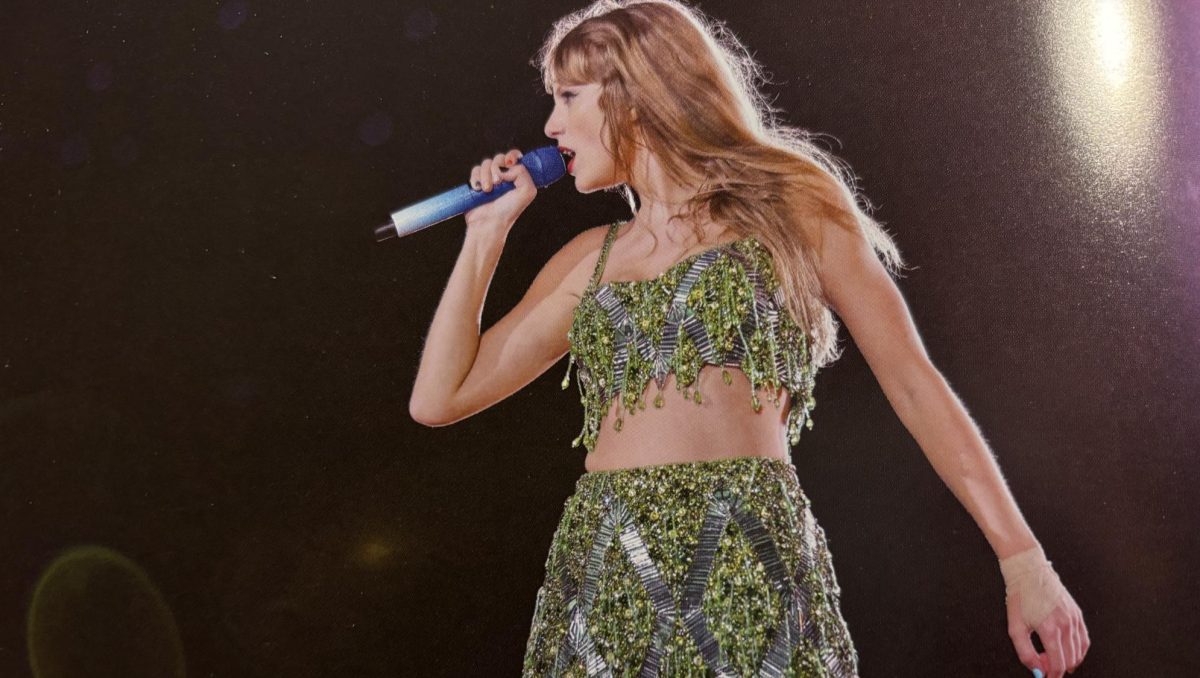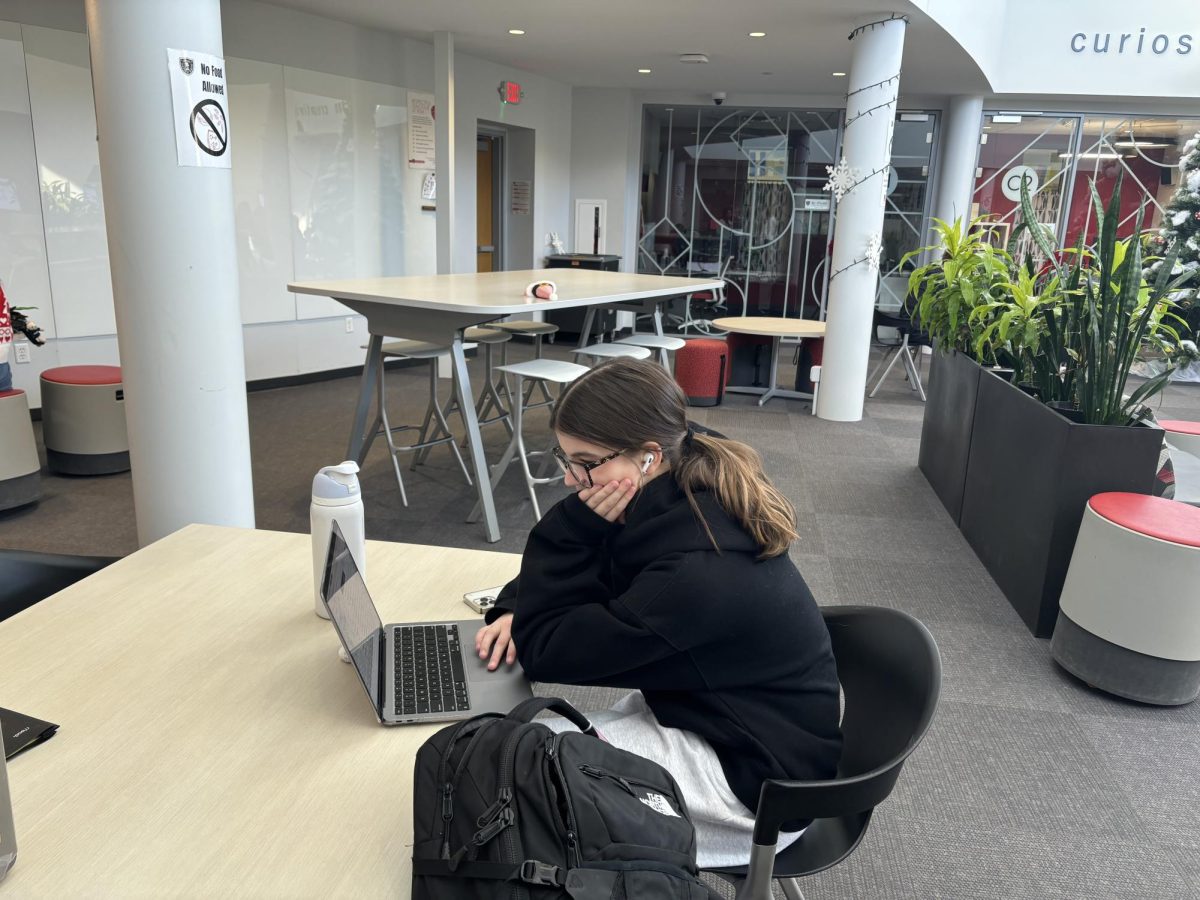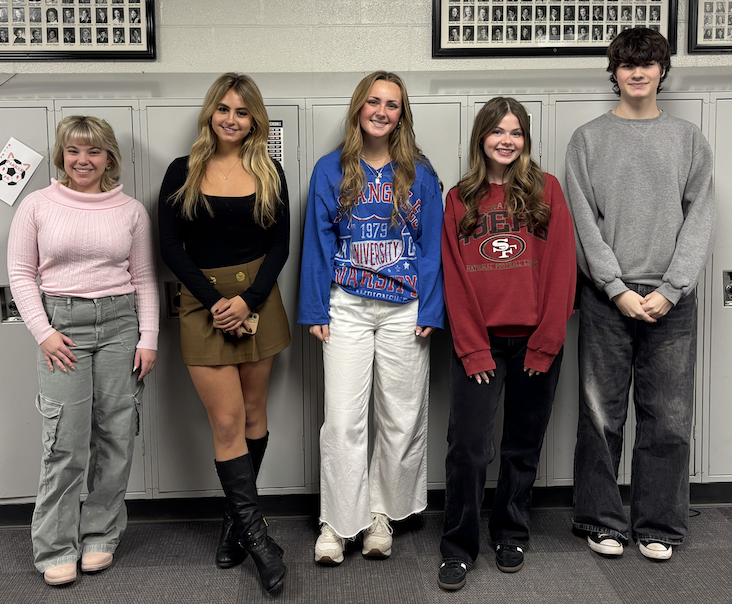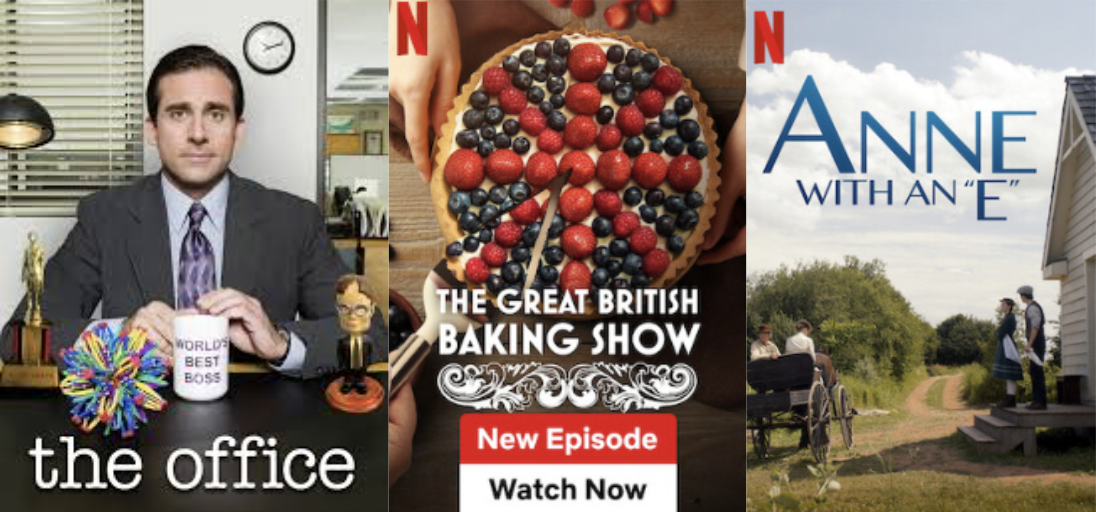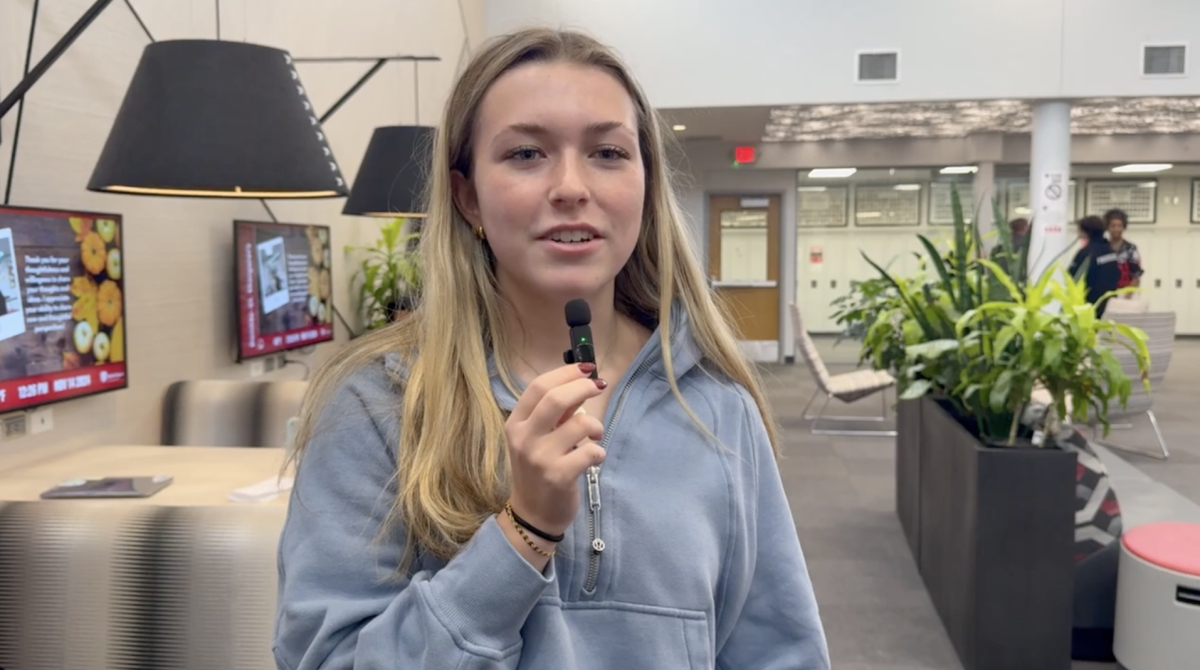Unrelenting pain, Vicodin addiction, and hallucinations of dead people––yes, House has a problem. Last season we watched him slowly succumb to his obsessions and commit himself to a psychiatric hospital, which is exactly where Season Six begins.
The two-hour season premiere (entitled “Broken”) was billed as an “epic premiere event.” They weren’t lying. It deals exclusively with House’s stay inside the hospital and barely changes locations––those who watch for the medical mysteries may be disappointed, but as a character study of House (the area where the show succeeds most) there is enough content for the premiere to stand on its own as a TV movie.
The premiere reveals a side of Dr. House (Hugh Laurie) hardly seen before––a part that genuinely wants to change, and another part in a brief relationship with guest star Franka Potente that you’d never see coming. The absence of every familiar character for two hours (minus House’s friend Wilson, played by Robery Sean Leonard, who makes a brief appearance) might not sound like a good season opener, but Laurie and the wealth of entertaining guest stars more than make up for it. The writers have set the bar high; fortunately, they come through in Episode 2 with the same excellent style that finished off the previous season.
The second episode (“Epic Fail”) returns to the familiar formula of back-and-forth diagnostics and character drama, but is surprisingly fresh and engaging––there was no boring filler that has often taken up the majority of past episodes, and before the 43 minutes were up the plot had advanced more than it had in the entirety of the third season. Laurie succeeds overwhelmingly at being the “new” House, a persona not far removed from the edgy and misanthropic one of seasons past, but removed enough that it felt sufficiently genuine––qualities of writing I wish more TV dramas had.
The episode actually focuses much more on characters besides House; for the moment he is a secondary character in his own show, although this is not an entirely bad thing. So far, at least, it has allowed the supporting cast (particularly Olivia Wilde and Peter Jacobson, playing 13 and Taub) to have more well-developed dialogue amongst themselves.
It will be interesting to see if House’s rehab significantly affects the remainder of the season or if it will be added to the list of major events that don’t seem to matter in the long run (Kutner’s suicide and House’s earlier electro-shock therapy could hardly have been less consequential). Either way, Laurie continues to stand out as one of TV’s best personalities, and this season shows no signs of being anything except the best one yet.

